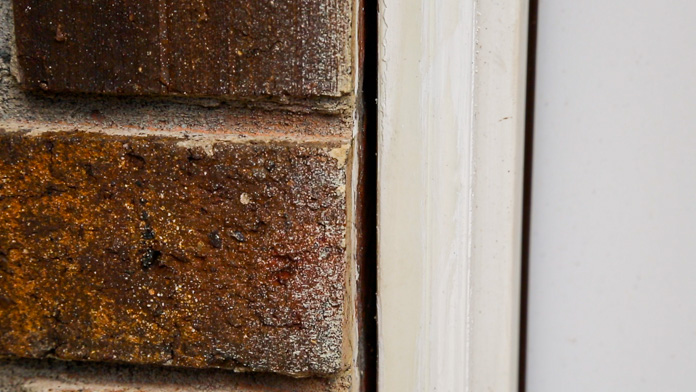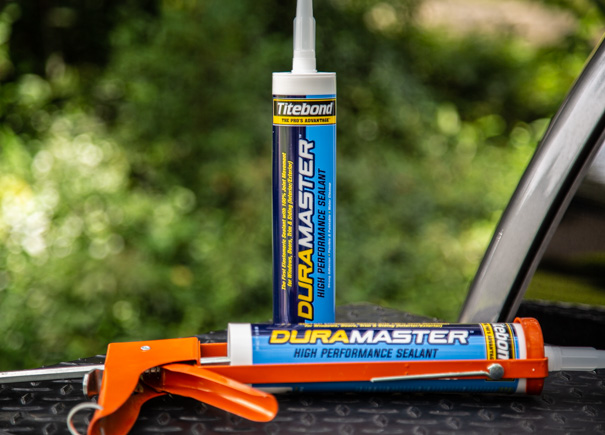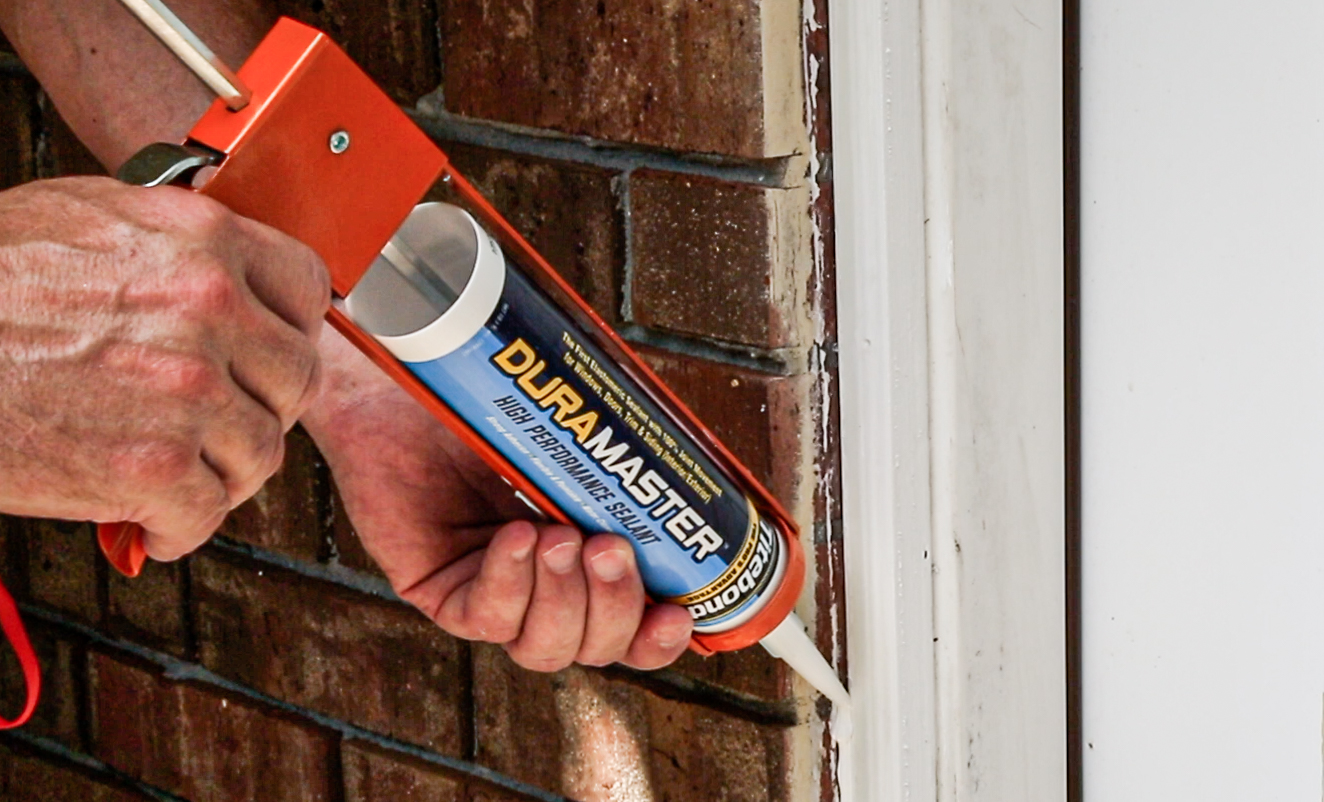
Temperature changes cause every home to expand, contract and crack. Sealing gaps around your home’s windows, doors and trim is necessary to keep the elements outside, where they belong.
Now, it’s easier than ever to cover those cracks and create a seal that will stick around.

About Expansion and Contraction
It’s been said that death and taxes are life’s two certainties, but every homeowner knows you can add thermal expansion and contraction to that list.
Building materials expand or contract as the temperature drastically changes. The structure’s size doesn’t matter; neither does the material’s strength. Whether it’s concrete, stone or wood, expect it to expand when heated and contract when cooled.
Thermal impact isn’t the only cause of unsightly gaps. Shifting soil and foundation settlement contribute to the problem.
Think about where window and door frames, along with trim, meet siding. These joints may appear seamless today, but soon nature will take its toll.
Left untreated, these gaps can let air and water into the home, which strains your heating and cooling system and results in mold and mildew.
This is why you need to regularly inspect your home and seal windows, doors and trim with a high-quality sealant.

Choosing a sealant
Building materials respond differently to moisture and temperature changes, so the sealant should be strong enough to cover joints between brick, concrete, stone and wood.
A high-quality sealant also moves with building surfaces. Low-quality sealants harden and become brittle over time, which makes them break and fail.
Function isn’t the only consideration — form also is important. The best sealant performs well and looks good. It’s paintable to match and enhance your home’s appearance. So, when you seal windows, doors, trim and siding, the result will truly be seamless.
Titebond DuraMaster checks all the boxes. It moves up to 100% of the joint size and creates watertight joints. It’s great for gaps of any size, up to 2 inches wide. It comes in 13 colors but also is paintable two to four hours after application.
It’s four times more durable than other water-based sealants, so it won’t crack, tear or pull apart.
The product also has a limited lifetime warranty, which significantly reduces the number of applications you’ll need.

How to Seal Windows, Doors and Trim
Sealing your home’s envelope — the exterior structure that keeps air and moisture outside — couldn’t be easier. It just requires a caulking gun, basic tools and, of course, sealant.
Here’s what to do:
• Inspect the joint and cut out any old caulk with a putty knife, utility knife or razor blade. Also remove any dirt, debris and residue.
• Press the release trigger on the back of the caulking gun so you can loosen the steel rod and load up the sealant.
• Cut DuraMaster’s nozzle, or tip, at a 45-degree angle. You will apply the sealant at an angle, so this ensures the line, or “bead,” will be a smooth one.
• Press the trigger and slowly seal around windows, doors and trim. Don’t move too fast or the seal will be narrow and even. Use backer rod if the joint’s depth exceeds a quarter-inch, then apply the sealant over the backer rod.
• Smooth the bead immediately after application — all you need is your finger.
Always check your home’s joints between seasons and make sure there are no gaps that could let in air or moisture.
And remember: Proper inspection and sealing will keep your home energy-efficient and attractive.



